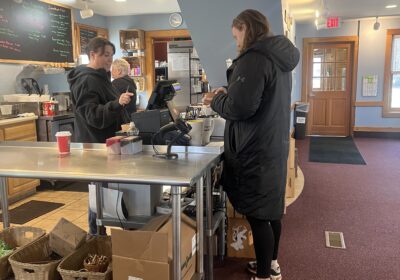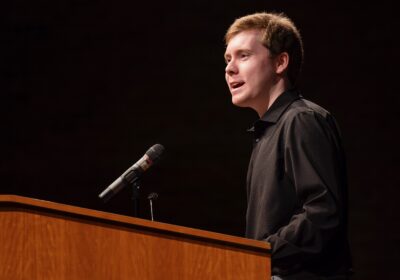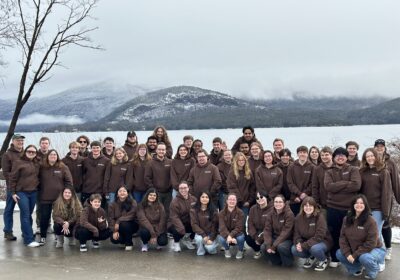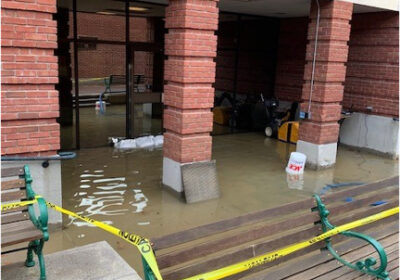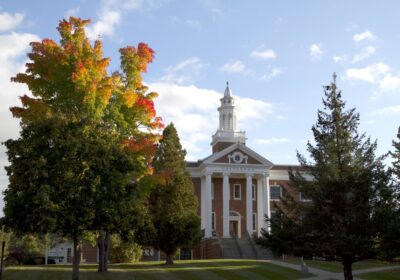Students learn about longest losing battle
Fifty-one billion dollars spent and 1.55 million Americans locked away on non-violent drug charges in a single year, and all from just one year of the war on drugs.
In January, we will be entering our 44th year. It’s the longest, most expensive and least effective war effort in our country’s history.
This semester, a few Castleton students are learning all about it in a special topics course. The course is called Media, Social Activism and Political Action, but this semester it’s focused on drugs in American society.
“This is probably one of my most interesting classes,” student Sara Harrison said. Before the class, she admits to not knowing much about the topic.
“If someone asked me what the war on drugs was, I would have had no idea,” she said. “I didn’t look at it as a war.”
As a special topics course, professor Michael Talbott could have chosen virtually anything pertaining to media and activism to focus on, so why choose the drug war?
“You’re most likely to first encounter drugs when you’re a young person in college,” Talbott said. “It’s important to be educated on how individual drug use fits into a larger social fabric. Doing something on a personal, individual, private level has larger repercussions in society.”
The students have been shocked by what they’re learning.
“I didn’t know the financial impact it made on this country,” Derek Fallon said.
That financial impact has totaled at least a trillion dollars over the years. That’s $793 per second.
It was the minimum sentencing laws that shocked Harrison.
“Rapists can receive shorter prison sentences than non violent drug offenders,” she said, appalled.
So what does Talbott think is the most shocking thing he teaches his students?
“How ineffective the war on drugs has been,” he said. “They say insanity is doing the same thing over and over again and expecting different results, and that’s exactly what has happened with the war on drugs.”
But the class isn’t only focused on learning about it. It’s also about doing something about it. Students are creating their own activist media projects pertaining to drugs in America.
Harrison’s group is creating a film that will hopefully raise young people’s awareness about the war on drugs and teach them why it affects them.
Fallon’s group is focusing on alcohol on college campuses.
The third group is working to raise awareness about Vermont’s new philosophy on drug addiction.
Talbott doesn’t expect the students to turn into gung-ho career activists. He’s just looking for them to become more socially engaged and more “conscious and aware of how media shapes our values and our attitudes,” he said, and hopefully become better citizens in general.
“I don’t think this is an issue any of you are likely to forget,” Talbott said.

